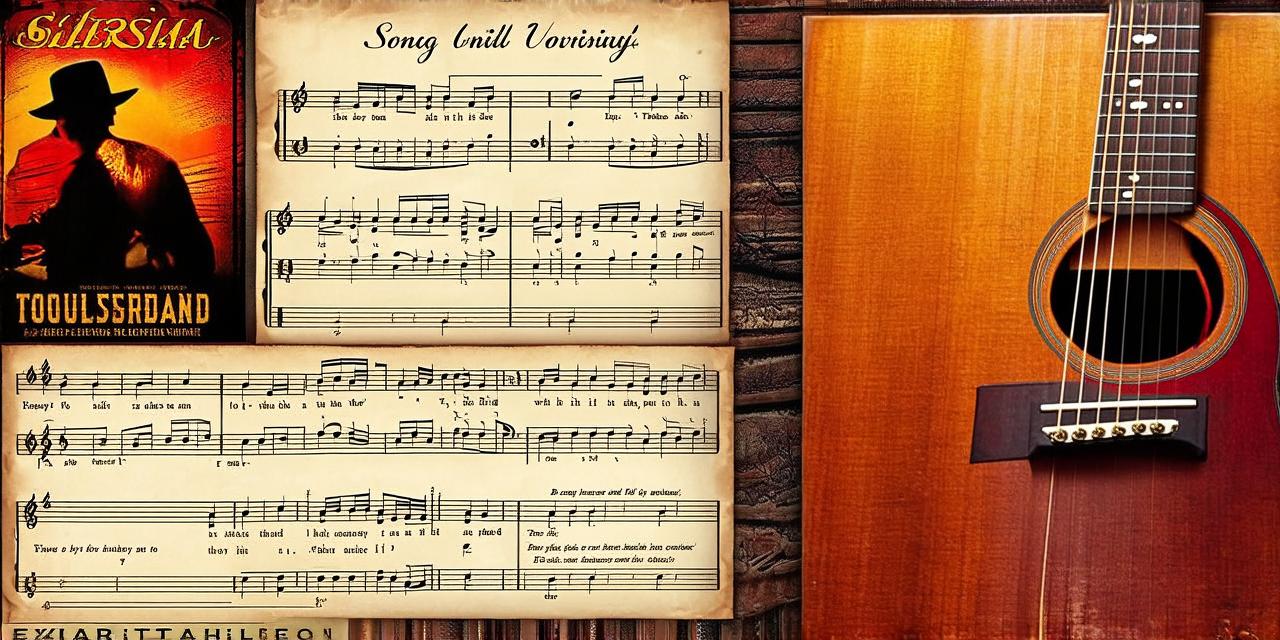Unity is a popular and widely beloved song that has been performed by countless artists across various genres. The song’s origins can be traced back to the early 1960s, when it was first written and recorded by a group of British musicians known as The Animals.
The Animals were formed in Newcastle, England in 1962, and quickly gained popularity for their energetic performances and catchy songs. One of their most successful hits, “House of the Rising Sun,” was released in 1963 and became a staple of the British Invasion.
In 1964, The Animals recorded “Unity” as part of their album “Eric Burdon Sings: Love is an Eternal Flame.” The song’s lyrics speak to the desire for unity and understanding among people of all races and backgrounds, reflecting the social and political climate of the time.

Despite its initial success with The Animals, “Unity” did not become a widespread hit until it was covered by other artists in the 1970s and 1980s. One of the most popular covers came from South African singer Miriam Makeba, who released her version of the song in 1973 as part of her album “I Wake Up and See the Rainbow.”
Makeba’s cover became an anthem for unity and equality during the anti-apartheid movement in South Africa. It was also later covered by artists such as Stevie Wonder, The Funk Brothers, and The Bee Gees, who included their version on the soundtrack to the 1977 film Saturday Night Fever.
In conclusion, “Unity” was originally written and recorded by The Animals in 1964. However, it did not become a widely popular song until it was covered by other artists in later years, particularly during the anti-apartheid movement. The song’s message of unity and understanding continues to resonate with people around the world today.
